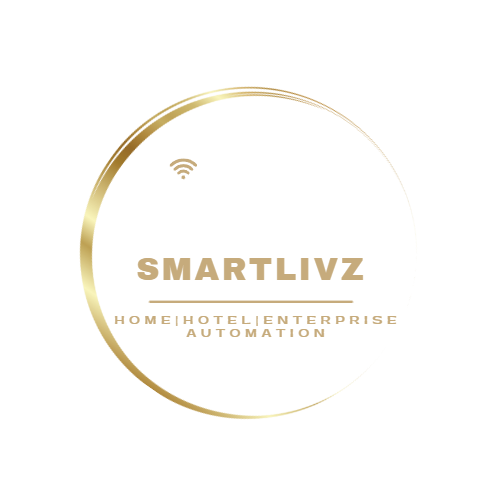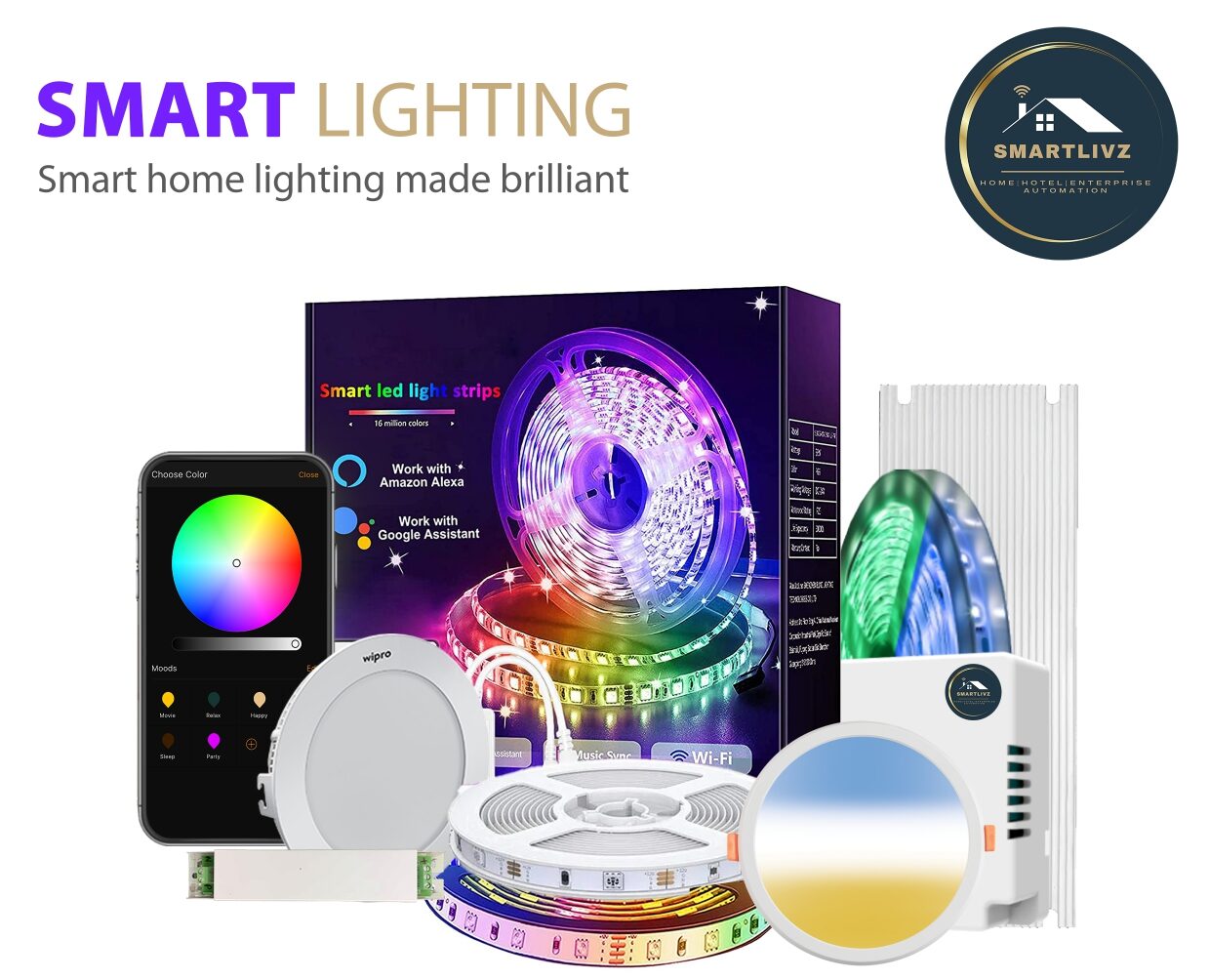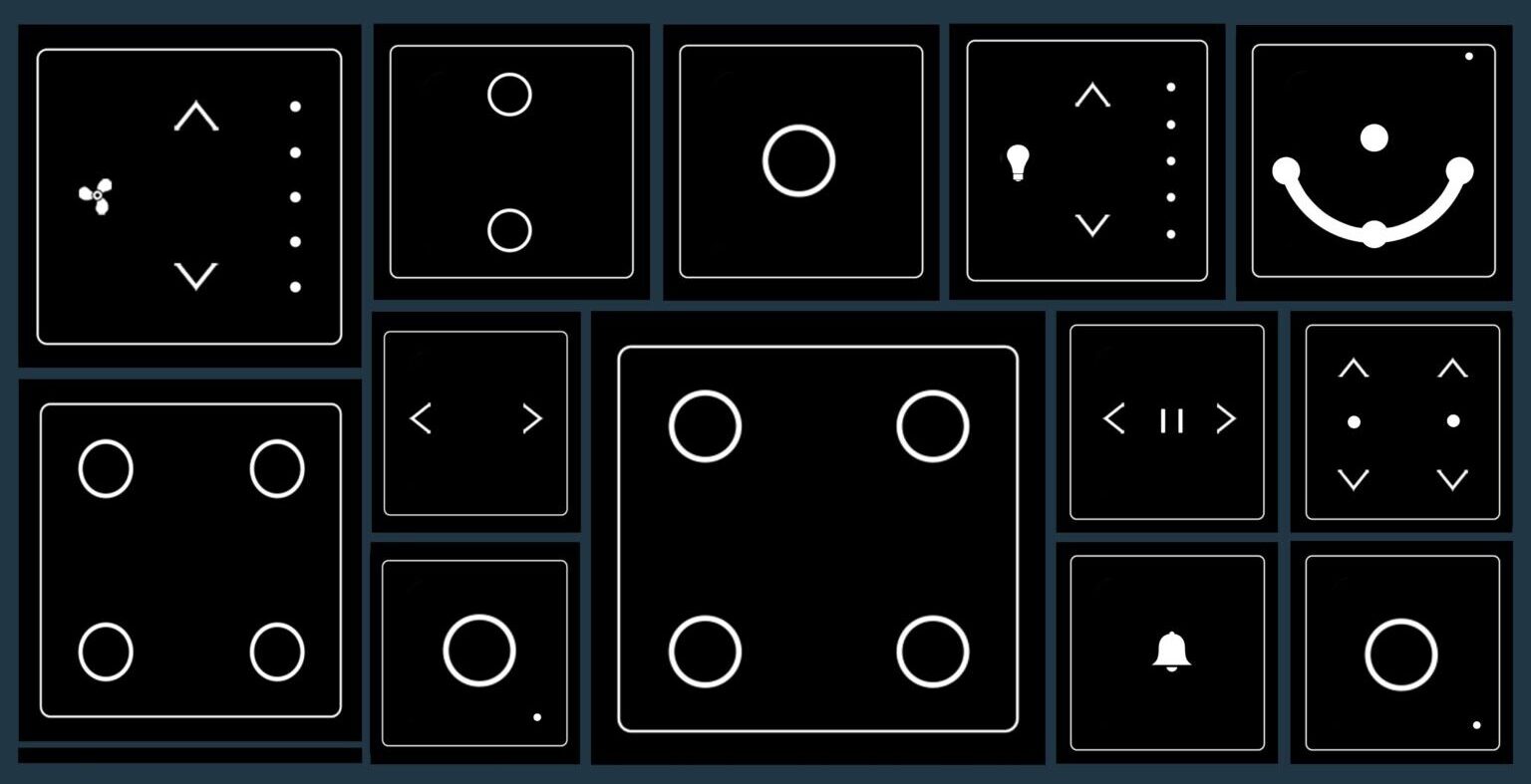Convenient Control
One of the biggest advantages of smart lights is the ability to control them remotely using a smartphone, tablet, or smart speaker. With a simple tap or voice command, you can turn your lights on or off, adjust their brightness, or change their color. This is especially useful when you’re away from home and want to give the impression that someone is still there.
Some smart lighting systems also offer scheduling and automation features, which allow you to set your lights to turn on or off at specific times or in response to certain triggers. For example, you could set your lights to turn on when you enter a room or to turn off when you leave.
Energy Efficiency
Smart lights are also more energy-efficient than traditional lighting systems. Many smart lighting systems use LED bulbs, which consume up to 80% less energy than traditional incandescent bulbs. Additionally, smart lighting systems can be programmed to turn off when you’re not in the room, which helps to reduce energy waste.
Some smart lighting systems also offer advanced energy-saving features, such as dimming and color temperature adjustments. By dimming your lights, you can reduce their energy consumption and extend their lifespan. And by adjusting their color temperature, you can create a warm, cozy atmosphere that doesn’t require as much lighting.
Customization
Smart lighting systems also offer a range of customization options that allow you to create the perfect lighting environment for your home. With color-changing smart bulbs, you can choose from a wide range of colors and hues to match your mood or the occasion. For example, you could set your lights to a warm orange hue for a romantic dinner, or a cool blue hue for a relaxing evening at home.
Some smart lighting systems also offer scene-setting features, which allow you to save and recall your favorite lighting settings with just a few taps or voice commands. For example, you could create a “movie night” scene that sets your lights to a dim, warm setting perfect for watching a film.
Security
Smart lights can also enhance the security of your home by making it look like someone is always there, even when you’re away. With smart scheduling and automation features, you can set your lights to turn on and off at specific times, or in response to certain triggers, such as motion or sound.
Some smart lighting systems also offer integration with smart home security systems, allowing you to receive notifications and alerts if any unusual activity is detected. For example, if your smart security system detects motion in your home while you’re away, it could trigger your smart lights to turn on, alerting potential intruders that someone is home.
Health and Well-being
Finally, smart lighting systems can also have a positive impact on your health and well-being. Many smart lighting systems offer color temperature adjustment features, which allow you to mimic natural daylight cycles. By adjusting your lights to a cooler, bluer hue during the day and a warmer, orange hue in the evening, you can regulate your body’s natural circadian rhythms, which can help improve your sleep quality and overall health.
Conclusion
Smart lighting is an essential component of any smart home automation system, offering a range of benefits over traditional lighting systems. From convenient control and energy efficiency to customization, security, and health and well-being, smart lights can enhance your home in many ways. So if you’re looking to upgrade your home lighting system, consider investing in a smart lighting system and enjoy the benefits of a more



